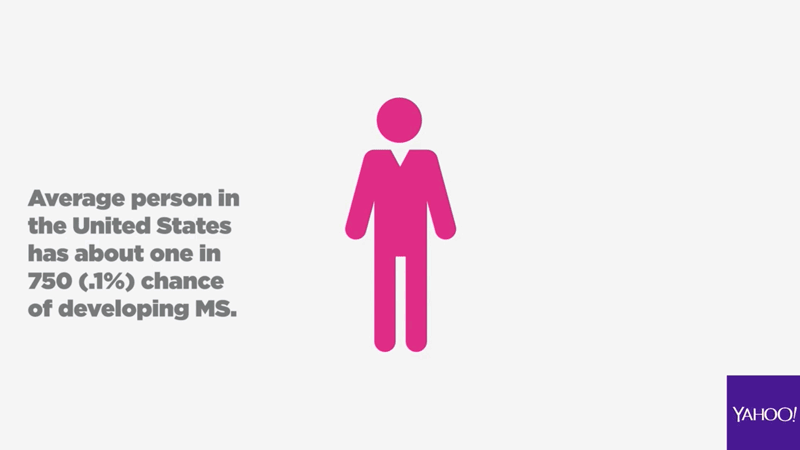What you need to know about MS, a disease that probably affects someone you know
I’ve been surrounded by multiple sclerosis my entire life, but I never knew what it meant until recently.
Starting in elementary school, and continuing through high school and college, I had three friends whose mothers were living with MS. Though these women used a cane or wheelchair, they all seemed to be living with independence.
I never asked questions, but when two people in my family were diagnosed with MS, I began looking for answers.
What I discovered is that multiple sclerosis doesn’t discriminate. You can be African-American, Asian, or Latino, though it’s most common in Caucasians with Northern European backgrounds. The disease, which affects the central nervous system and complicates the flow of information between the brain and the rest of the body, affects more than 2.3 million people worldwide, according to the National MS Society. In the U.S., people have an average 0.1 percent chance — or 1 in 750 — of getting MS, and women are two to three times as likely as men to get it.

There is no cure for multiple sclerosis, but a handful of drugs are available that can help manage symptoms. Lifestyle changes, from following a healthy diet to reducing stress, can also boost patients’ overall fitness and health. Congress has passed a bill, the 21st Century Cures Act, to support researchers in accurately determining how many people have MS and finding a cure, but it needs to be funded.
People living with MS are not defined by their diagnosis. They have families, they work, they travel. With March 11-17 being MS Awareness week, there’s no better time to learn more about the disease and how you can help. Volunteers are crucial to the success of clinical trials testing new treatment therapies, and funding is required for work that could find a cure for the people in my life — and yours.
For more ways to help visit:
https://www.nationalmssociety.org/
? How an MS diagnosed inspired these 5 people to get into the best shape of their lives
? ‘But you don’t look sick’: What it’s like to live with a ‘silent’ disease
? From suicidal to ‘thriving’: Montel Williams details his emotional journey with MS
Follow us on Instagram, Facebook, and Twitter for nonstop inspiration delivered fresh to your feed, every day.


